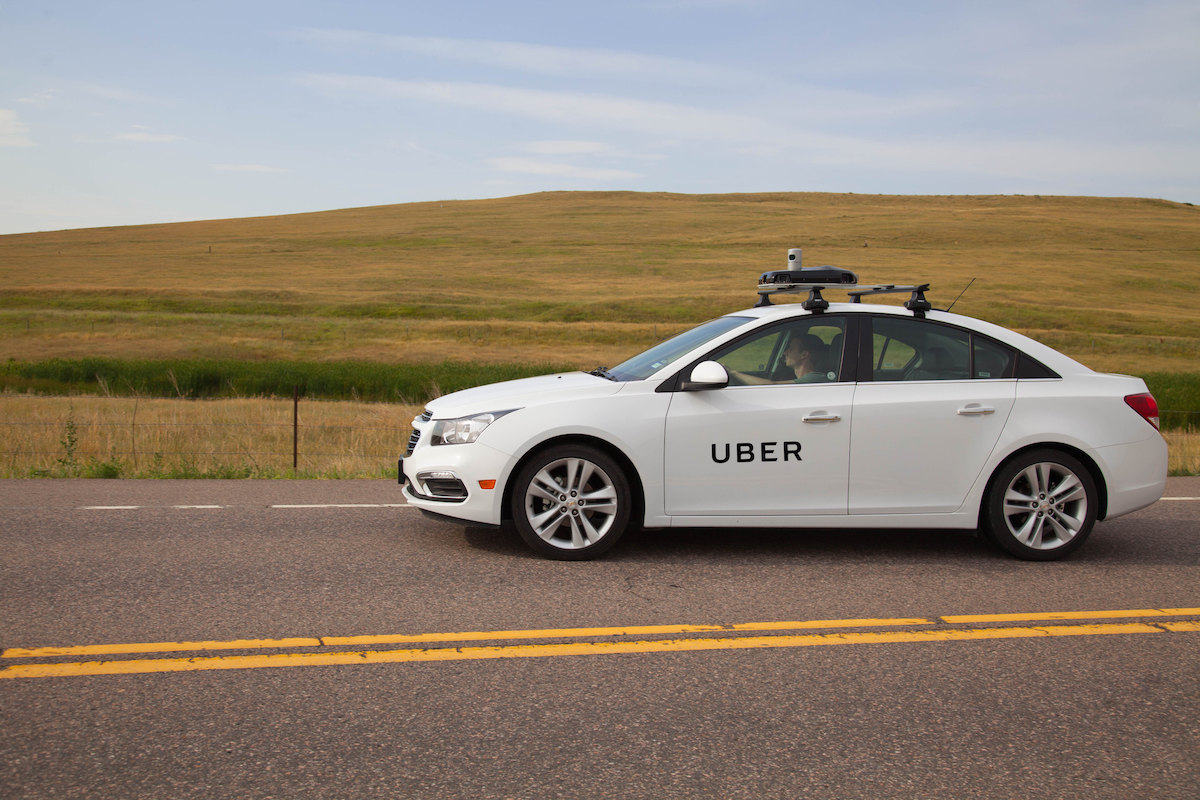

Ride-hailing cab service Uber will start transporting passengers by driverless cars within the next few weeks, according to Associated Press.
The self-driving car trials will take place in the US city of Pittsburgh, and will use autonomous Ford Fusion vehicles that will shuttle passengers around just like regular Uber services.
However, the cars will have onboard a human ‘backup’ driver. Pittsburgh is home to Uber’s self-driving car labs.
The $300 million (£228m) deal sees Volvo SUVs become part of Uber’s Pittsburgh autonomous vehicle fleet.
“Volvo is a leader in vehicle development and best-in-class when it comes to safety,” Travis Kalanick, Uber’s CEO, said in a statement.
The partnership sees Sweden’s Volvo, which owned by Chinese giant Geely, co-research autonomous technologies in the XC90 SUV model.
Uber is already hard at work developing its own mapping software that it said last month will pave the way for its autonomous vehicle fleets.
Reports said that Uber is investing $500 million (£380m) on developing its own digital maps that will reduce the ride-sharing company’s reliance on Google Maps.
Uber wants to use its own mapping service to get more information on traffic and learn more accurate locations for pickup and drop-off points. A source familiar with Uber’s plans told the Financial Times that Uber will spend $500 million in mapping, and Uber itself said it will rollout its mapping vehicles to more countries soon.
In Pittsburgh, the driverless Ford Fusions have already been on trial since May.
Today’s news comes right after Ford announced its intentions to develop self-driving cars for ride-sharing companies such as Uber and Lyft yesterday.
Ford wants its fleets of autonomous vehicles on the roads by 2021, and plans to double down on investment into the area.
“There’s a real business rationale for this,” said Fields, as reported by the Financial Times.
“Vehicle autonomy could have as big an impact on society as the Ford mass assembly line had over 100 years ago.”
Take our cybersecurity in 2016 quiz here!
But will Beijing or ByteDance allow sale? Amazon joins potential bidders for TikTok in US,…
Elon Musk dismisses report that Trump told cabinet that he expects Musk to leave his…
Mark Zuckerberg is reportedly lobbying President Donald Trump for a settlement to avoid antitrust trial…
As global markets reel from Trump's tariffs, the price of Bitcoin slides as investors seek…
Semiconductor imports are free of Trump's tariff war, but concerns remain over imports of smartphones…